The Economy for the Common Good (ECG) is a holistic alternative to the current economic system which will be featured at NESI Forum next month. Would you like to find out more about it?
More and more people feel that they are facing a paradigm shift in the economy. Profit-seeking, fierce competition and endless material growth are becoming obsolete. At the same time, values like cooperation, sustainability or quality of life are on the rise. We are all part of this great transformation and have the privilege and the challenge to decide democratically how our future shall look like.
As the name implies (Economy for the Common Good), the ultimate goal of the economy is to increase the common good. The goal of economic activity is not the accumulation of capital, money is just a means. Environmental sustainability, social responsibility, collaboration and distributive justice are the true goals of the economy. Nowadays, if a company applies all of these principles it will most likely run into a competitive disadvantage. That’s why the Economy for the Common Good has developed a tool called the Common Good Balance Sheet.
This tool helps companies measure their contribution to the common good instead of focusing primarily on the financial gains. An according Common Good Label provides consumers with real and transparent information on the products they buy. Information and transparency are preconditions for an efficient and fair market.
Even more than that: the better a company scores on the Common Good Balance Sheet, the more benefits it will enjoy. These include lower taxes, better conditions on loans or a higher priority in public procurement. Thanks to this mechanism (the “visible hand”), ethical products will become more economic than unethical ones and responsible companies will sustain in the markets.
Nevertheless, the Economy for the Common Good is much more than a more efficient, ethical and truly liberal market economy. It consists of 20 cornerstones that describe an alternative economic model. These range from common good banks and regional stock markets to ecological human rights and limits on inequality in order to avoid the concentration of power.
The proposals include a reform of our democracies towards a “sovereign democracy”, meaning that fundamental decisions shall be made by the people and the Congress will fine-tune the will of the people. This would give more power to the people in form of “sovereign rights” that range from the initiation of a law, the control over public goods like water, energy or money and the option to prevent the parliament from taking action against the people’s will.
My wish is that all human beings can live a joyful, meaningful and free life with their basic needs met and that the economy serves these goals. The Economy for the Common Good makes this goal achievable. I invite you to make this dream come true together. - Christian Felber, initiator of the ECG movement.
After six years, the ECG movement consists of thousands of individuals, local chapters, expert hubs and pioneers in the economic, political and cultural realm both in Europe and South America. There is a growing interest in economic alternatives and the Economy for the Common Good is a solid and feasible model: a theory of change that works – proven by a growing number of companies, associations, municipalities and universities.
Nevertheless, achieving this ambitious shift of an inversion of goals and means in the economy requires a joint effort from all possible activists and alternatives. This is the reason why participating in NESI is a relevant collaboration for the ECG: “We hope to leave the Forum reinforced and with new key-partners with whom further develop and implement a new economic system that strives for the common good.”
To find out more and to join the ECG movement:
http://www.ecogood.org
F: /commongoodeconomy
T: @EconCommonGood
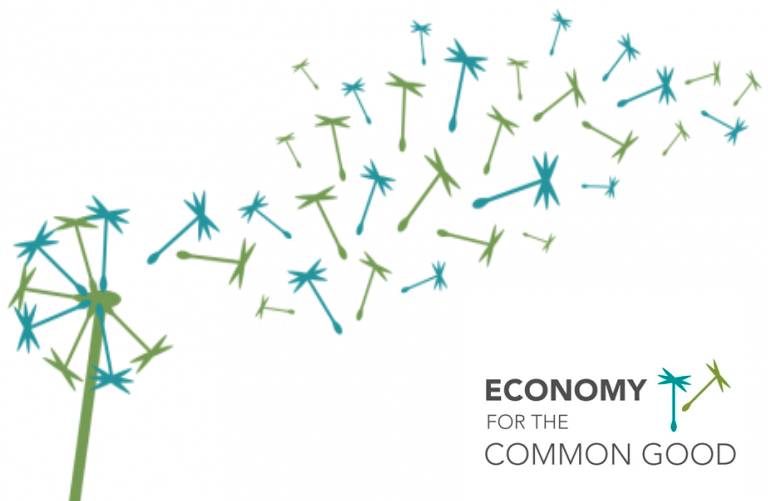

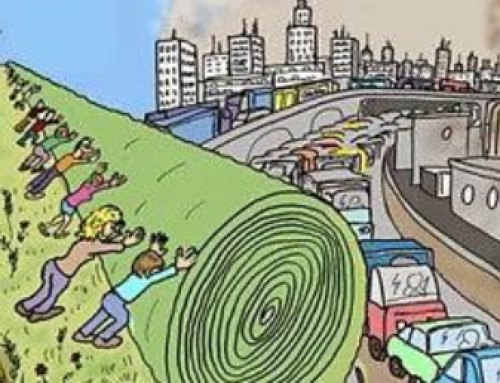
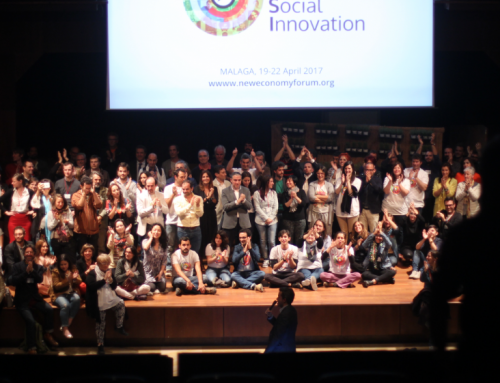
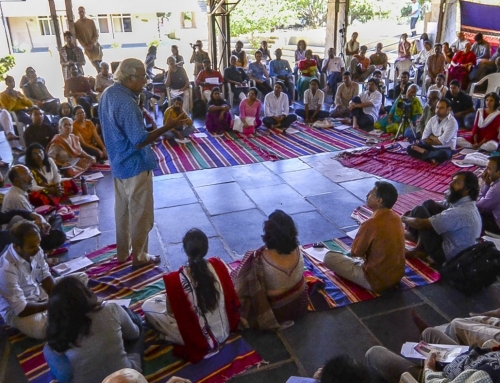
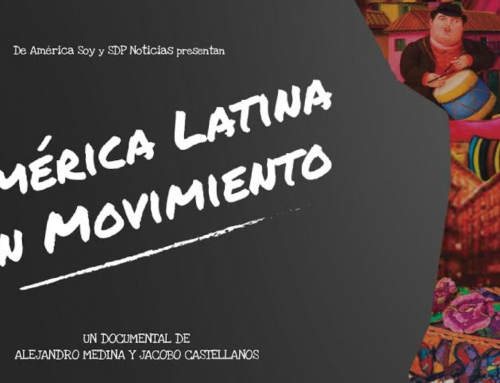
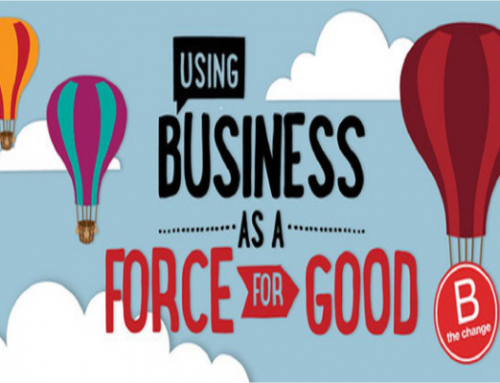
Leave A Comment